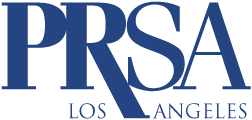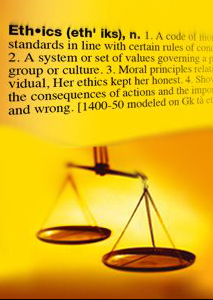Part of our ongoing discussion on PR industry ethics…
DISCLOSURE OF INFORMATION
Core Principle:
Open communication fosters informed decision making in a democratic society.
Intent:
To build trust with the public by revealing all information needed for responsible decision making.
Guidelines:
A member of PRSA shall:
- Be honest and accurate in all communications.
- Act promptly to correct erroneous communications for which the member is responsible.
- Investigate the truthfulness and accuracy of information released on behalf of those represented.
- Reveal the sponsors for causes and interests represented.
- Disclose financial interest (such as stock ownership) in a client’s organization.
- Avoid deceptive practices.
Examples of Improper Conduct Under this Provision:
- Front groups: A member implements “grass roots” campaigns or letter-writing campaigns to legislators on behalf of undisclosed interest groups.
- Lying by omission: A practitioner for a corporation knowingly fails to release financial information, giving a misleading impression of the corporation’s performance.
- A member discovers inaccurate information disseminated via a website or media kit and does not correct the information.
A member deceives the public by employing people to pose as volunteers to speak at public hearings and participate in “grass roots” campaigns.
ETHICS DILEMMA
You work for a public relations firm. A client requests that your firm dedicates a person to their account. You are assigned for six months to this client and will work in their office full-time.
Question to ask
How do you introduce yourself to a local reporter doing a business story on the company?
Guidance from PRSA’s Code of Ethics: Disclosure of Information
You simply identify yourself as being with a public relations firm that has been hired to assist the company’s public relations function.
Learn more about PRSA’s Code of Ethics and how it can guide decisions you make on behalf of your clients here.









